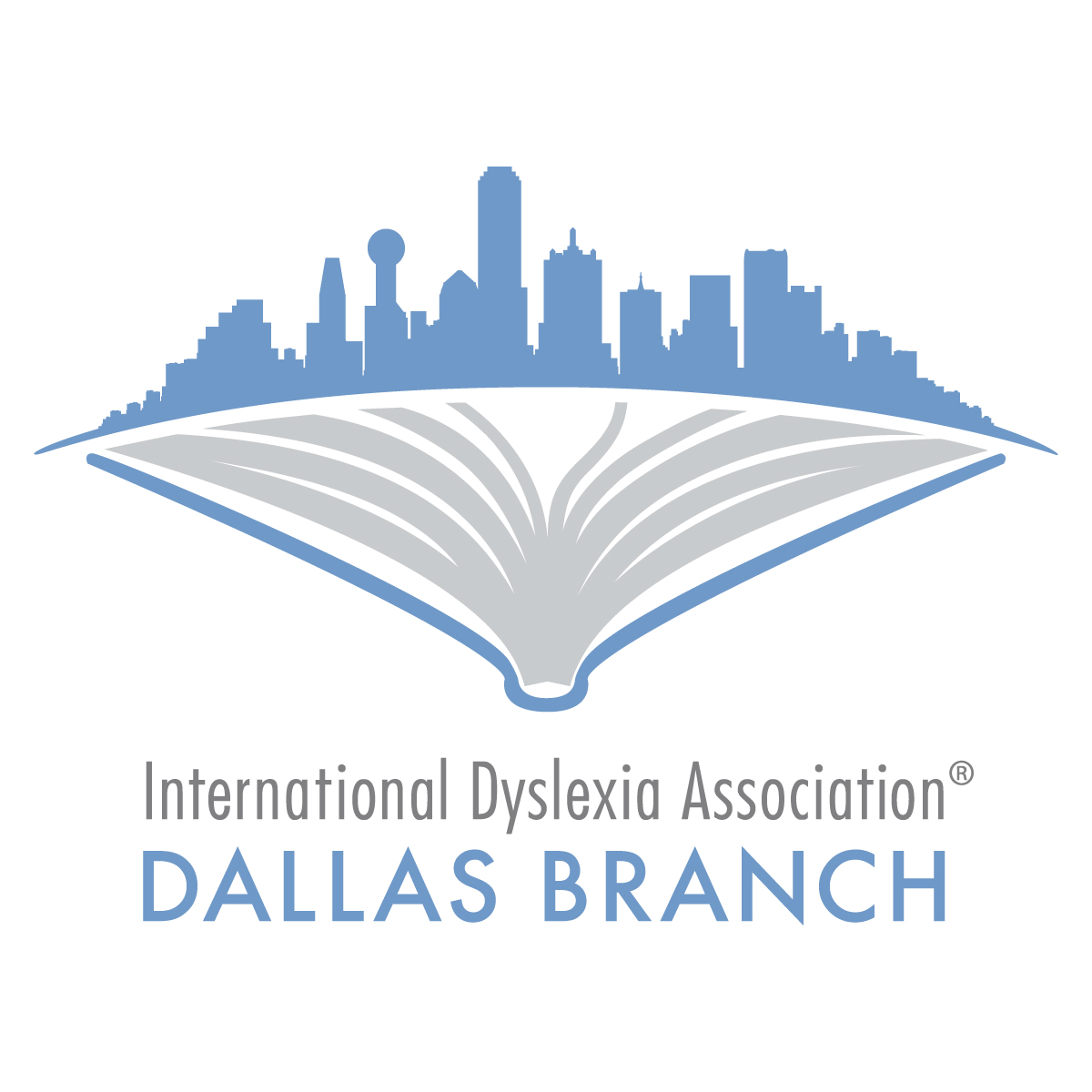Dyslexia Basics
Understanding the fundamentals of dyslexia, its characteristics, and how it affects learning.
What is Dyslexia?
Dyslexia is a learning disorder that involves difficulty reading due to problems identifying speech sounds and learning how they relate to letters and words (aka decoding). Also called "reading disability," dyslexia affects areas of the brain that process language.
People with dyslexia have normal to above average intelligence. Most children with dyslexia can succeed in school with tutoring or a specialized education program.
Dyslexia is NOT...
a problem of intelligence.
a problem of vision.
a problem of laziness.
Dyslexia IS...
a neurobiological issue that results in unexpected difficulty learning to read.
a lifelong condition. You don't outgrow or cure it, but with proven, evidence-based reading instruction you can improve your ability to read.
the most common learning disability.
Dyslexia by the Numbers
70-80%
of people with poor reading skills are likely dyslexic
1 in 5
students has a language-based learning disability
40M+
American adults are dyslexic—and only 2 million know it
Sources: Yale Center for Dyslexia and Creativity; Mayo Clinic
"Dyslexia is a neurological issue, not a character flaw."
Most Common Related Learning Disabilities
Dysgraphia
An issue that involves difficulty with the physical act of writing. People may also find it hard to organize and express their thoughts and ideas in written form.
Dyscalculia
A learning disability in math. People with dyscalculia have trouble with math at many levels. They often struggle with key concepts like bigger vs. smaller and can have a hard time with basic and abstract math problems.
ADHD
ADHD (attention-deficit hyperactivity disorder) has three main symptoms: Inattention, hyperactivity and impulsivity. Most people with ADHD struggle in all three areas, but some mainly have trouble with attention or focus.
Need More Information?
Contact our team for more resources and information about dyslexia or to learn about our services for individuals with dyslexia.
